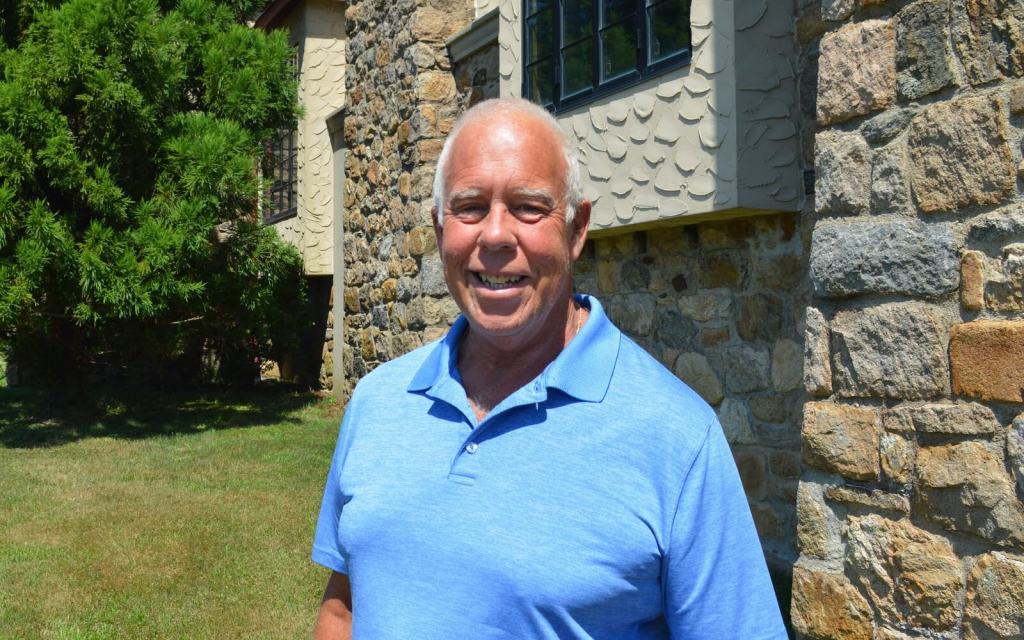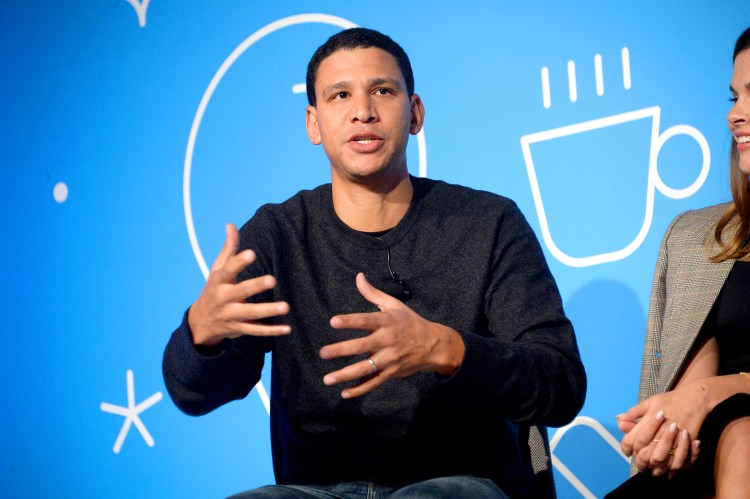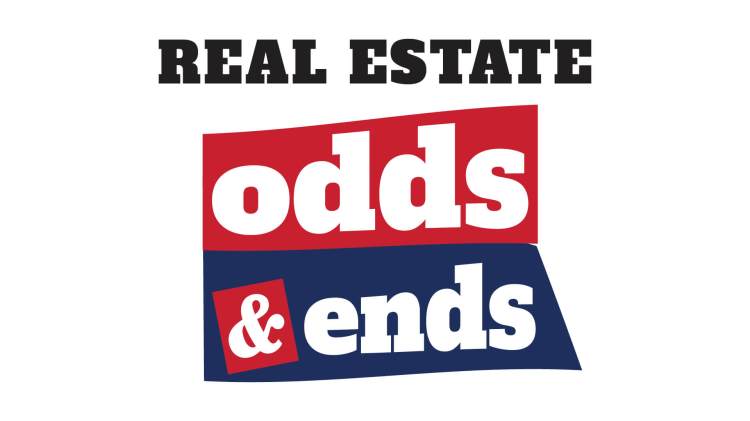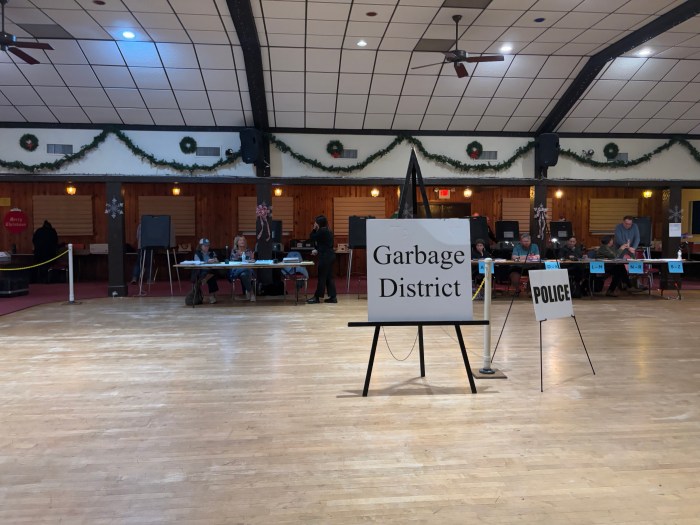A lifelong resident of Montauk, Perry “Chip” Duryea has witnessed many changes over the years. He recently sold his family’s seafood business, Duryea’s, which had been run by his father and grandfather since the early 1920s. Now his attention is shepherding the building work of the Montauk Playhouse community center, which will include an aquatic center.
BTH: First question: as a Montauk resident, when do I get my pool?
I have the same wish. Mine is actually for the therapy pool, which is going to be part of the aquatic center. We are going to have the four-lane lap pool, but, also, we’re going to have, right next to it, a therapy pool for people like me who just had a total shoulder replacement.
BTH: What do you think about the changes in Montauk over the years?
Some good, some bad. Obviously, I’ve seen a lot of change throughout my lifetime, particularly the past five years, in which change has been accelerated. Some outside money has come in and rehabilitated some of these older, longstanding family businesses just like I did with Duryea’s.
For better or for worse, we’re only three hours from New York City, and this is a place where people want to be, particularly in the summertime. Sixty-five percent of our land is open space. We’ve got the beautiful beaches, we have the golf, we have the fishing. It’s just a natural draw. But the key is to try to manage the popularity while also prioritizing the infrastructure of the community. The volume of people over Fourth of July weekend was tremendous. I think the key for local government is to come to grips with the demands that the number of people are placing on the infrastructure.
BTH: Of course, your father was very active in politics. Had you ever thought of going into just even local politics?
I’ve worked more on the organizational side. As you know. he ran for governor in 1978 against Carey. I campaigned rather extensively for him, particularly upstate, because there was too much ground to cover. I was East Hampton Republican chairman from 1988 to 1997. I never got involved on the elective side of politics, although I was asked to run for everything from town to county supervisor to Congress. But I felt that my skills were more organizational, and also, I had a primary responsibility to the family business.
BTH: If you hadn’t gone into the family’s seafood business, what do you think you might have done as a career?
I went to Colgate University for my undergrad. I began to work in downtown Manhattan. I then got my MBA from Columbia in 1974. I had worked for Marine Midland Bank downtown, and they really wanted me to come back after I got my MBA. I always felt the pull of the family business. I kind of figured that I was going to wake up here sooner or later because I grew up in the business. I began working there for my father when I was 12 years old, for 25 cents an hour, shoveling ice.
BTH: If you could have anyone, alive or dead, at your dinner party, who would you invite?
It would have to be my father. He had a tremendous influence upon me. He and I worked side-by-side in the seafood business for 35 years. I watched his political career from afar. He was a unique individual. I have picked up some of his traits, not all of them, but they only made one of him.























